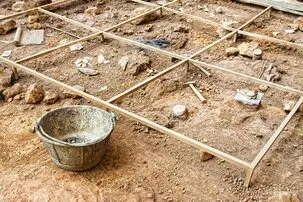Archaeologists are professionals who study the human past through the excavation and analysis of material remains such as artifacts, architecture, and human remains. They play a crucial role in uncovering and interpreting the history and culture of ancient civilizations, as well as understanding the development and evolution of human societies.
Archaeologists use a variety of methods and techniques to uncover and document historical sites and artifacts. This may include conducting surveys, excavations, and laboratory analyses. They also utilize advanced technologies such as ground-penetrating radar, remote sensing, and geographic information systems to aid in their research and analysis.
One of the primary goals of archaeologists is to reconstruct and interpret the daily lives, customs, and beliefs of past societies. By studying the material culture left behind by ancient civilizations, archaeologists can gain insights into how people lived, worked, and interacted with their environment. This information can provide valuable context for understanding the development of human societies and the factors that shaped their cultural and technological advancements.
Archaeologists also play a crucial role in preserving and protecting historical sites and artifacts. They work to ensure that these valuable resources are not destroyed or looted, and they often collaborate with local communities and governments to develop strategies for conservation and heritage management.
In addition to their work in the field, archaeologists also contribute to academic research and education. They may publish their findings in scholarly journals, present at conferences, and teach at universities and colleges.
Overall, archaeologists are dedicated to uncovering and preserving the material remains of the past in order to better understand and appreciate the rich tapestry of human history. Their work helps to shed light on the complexities of ancient societies and provides valuable insights into the human experience.

